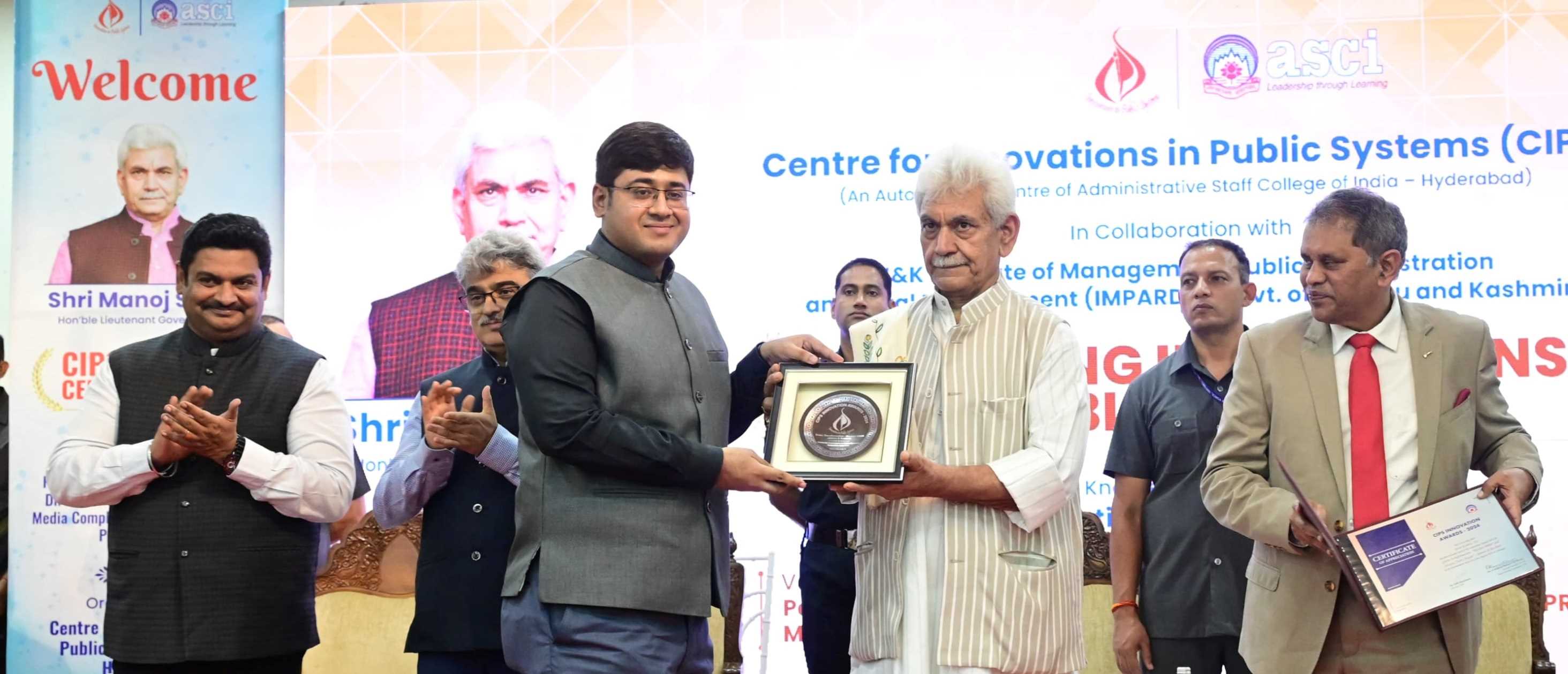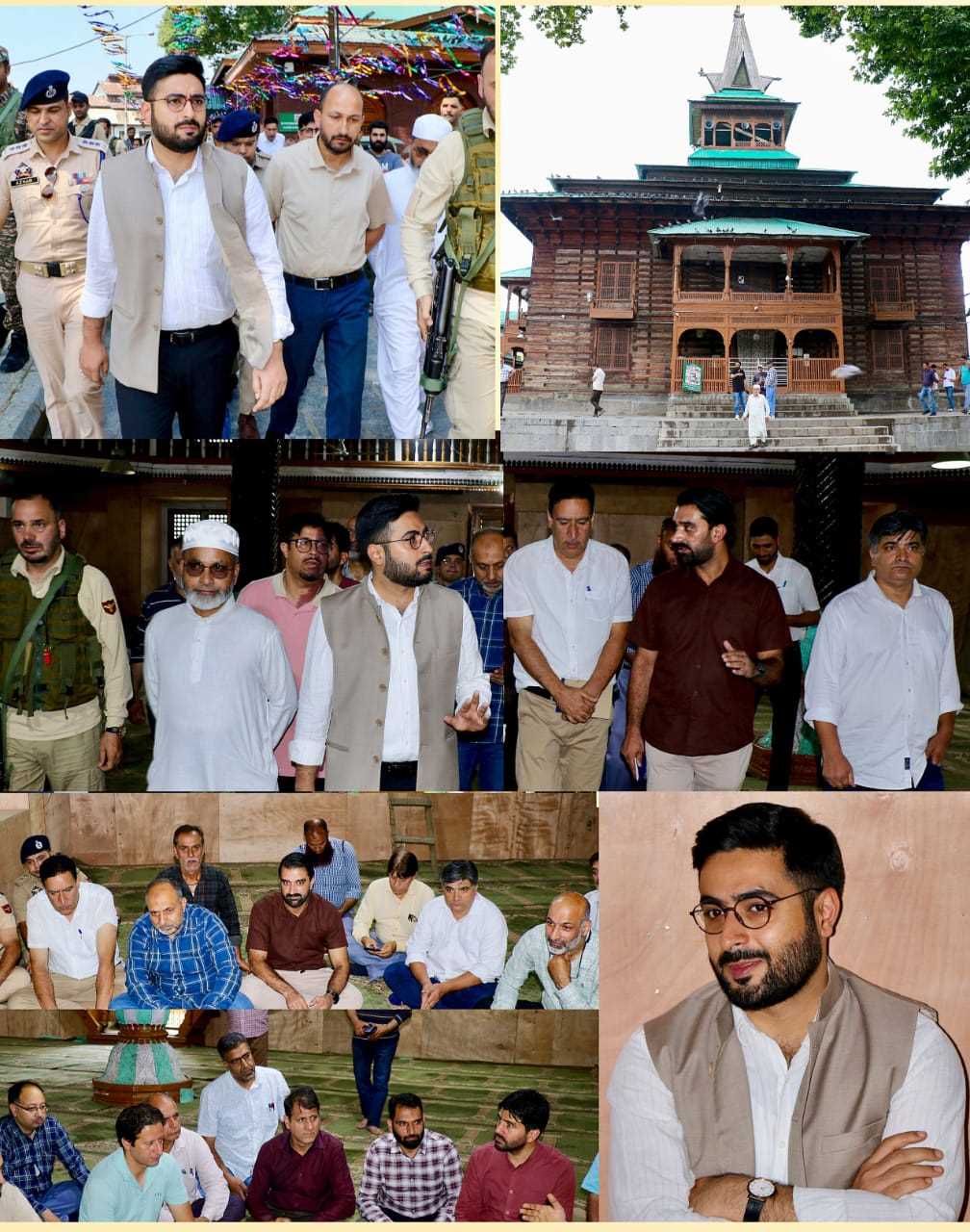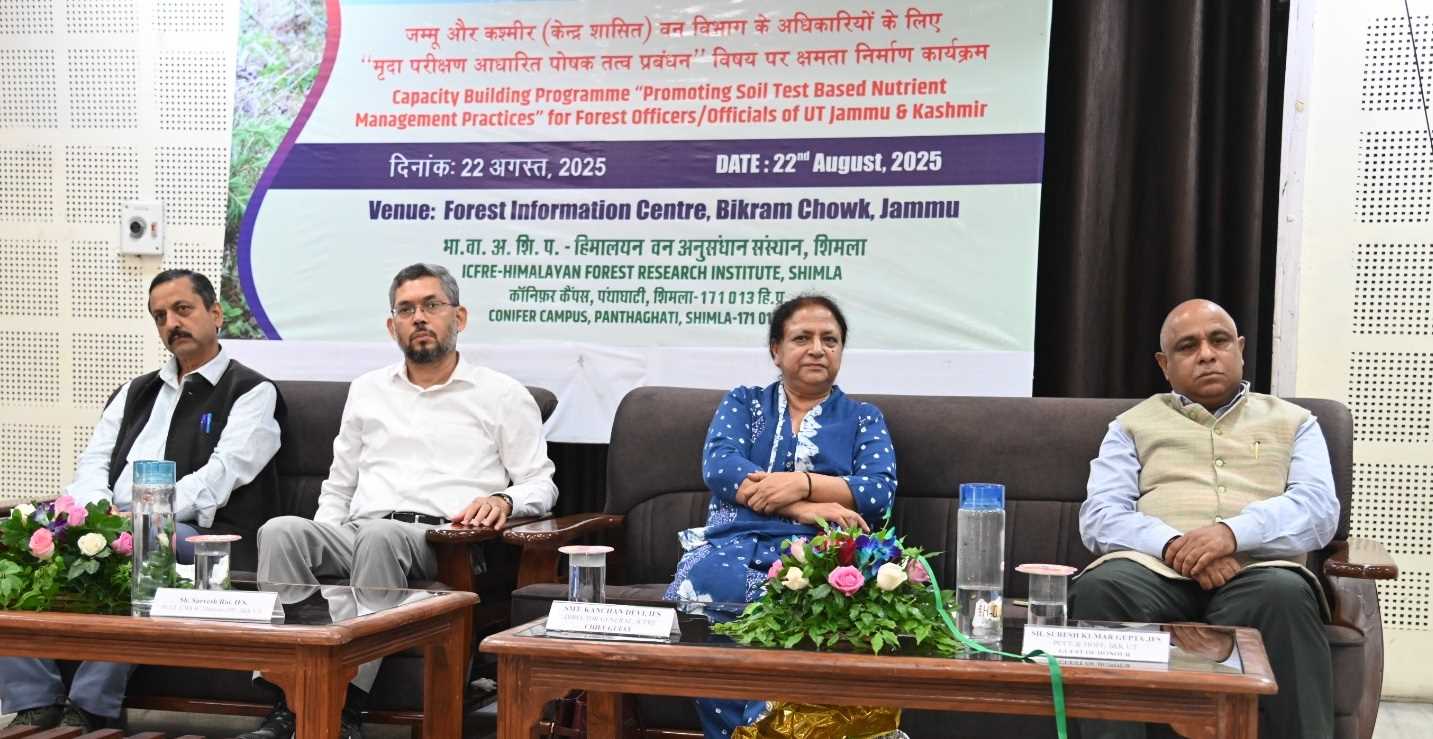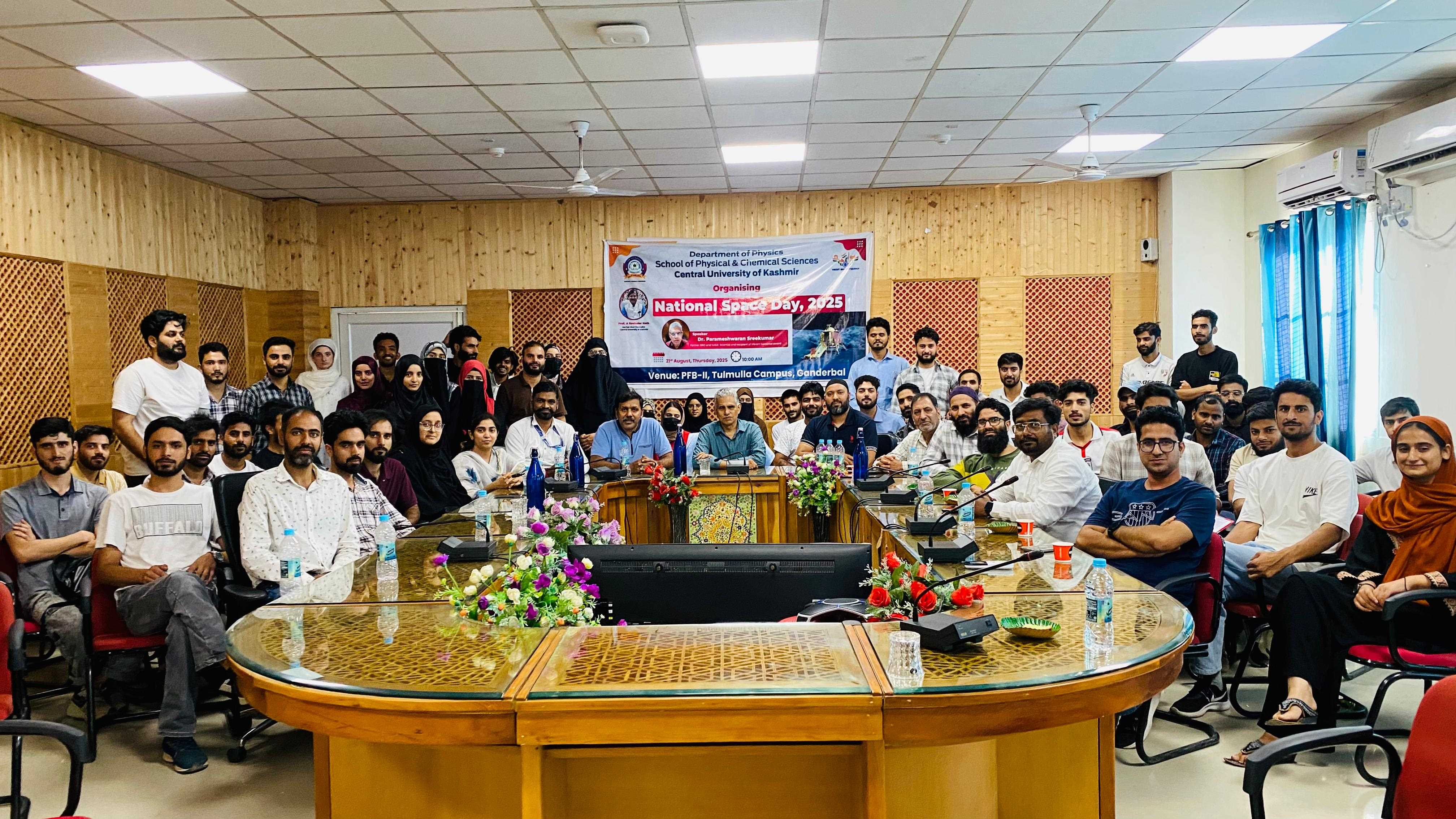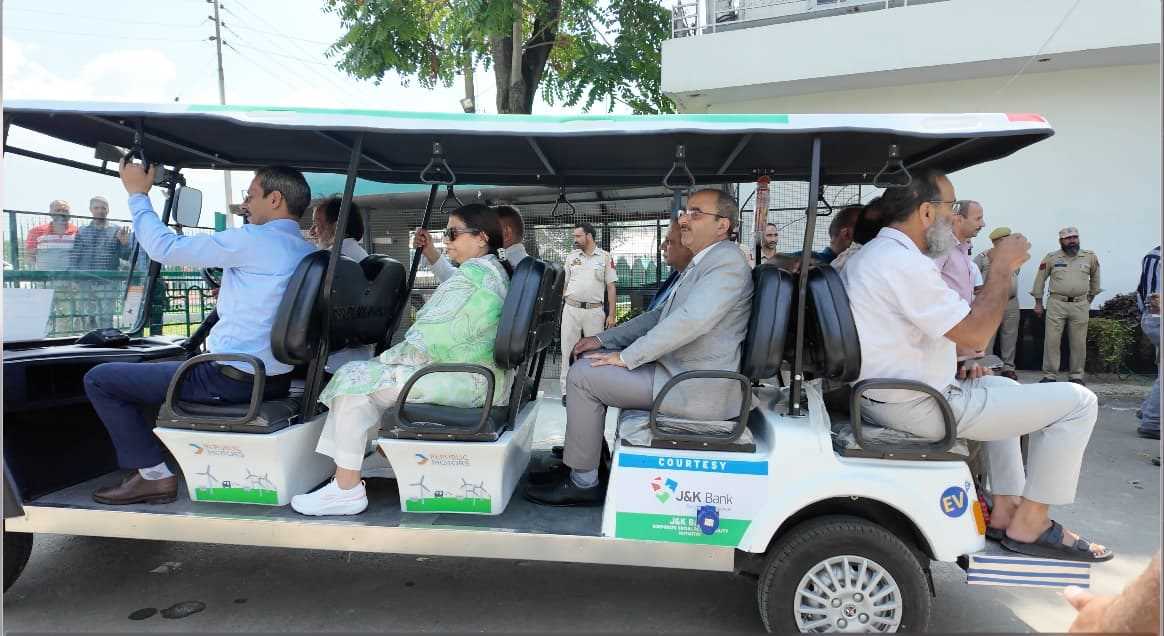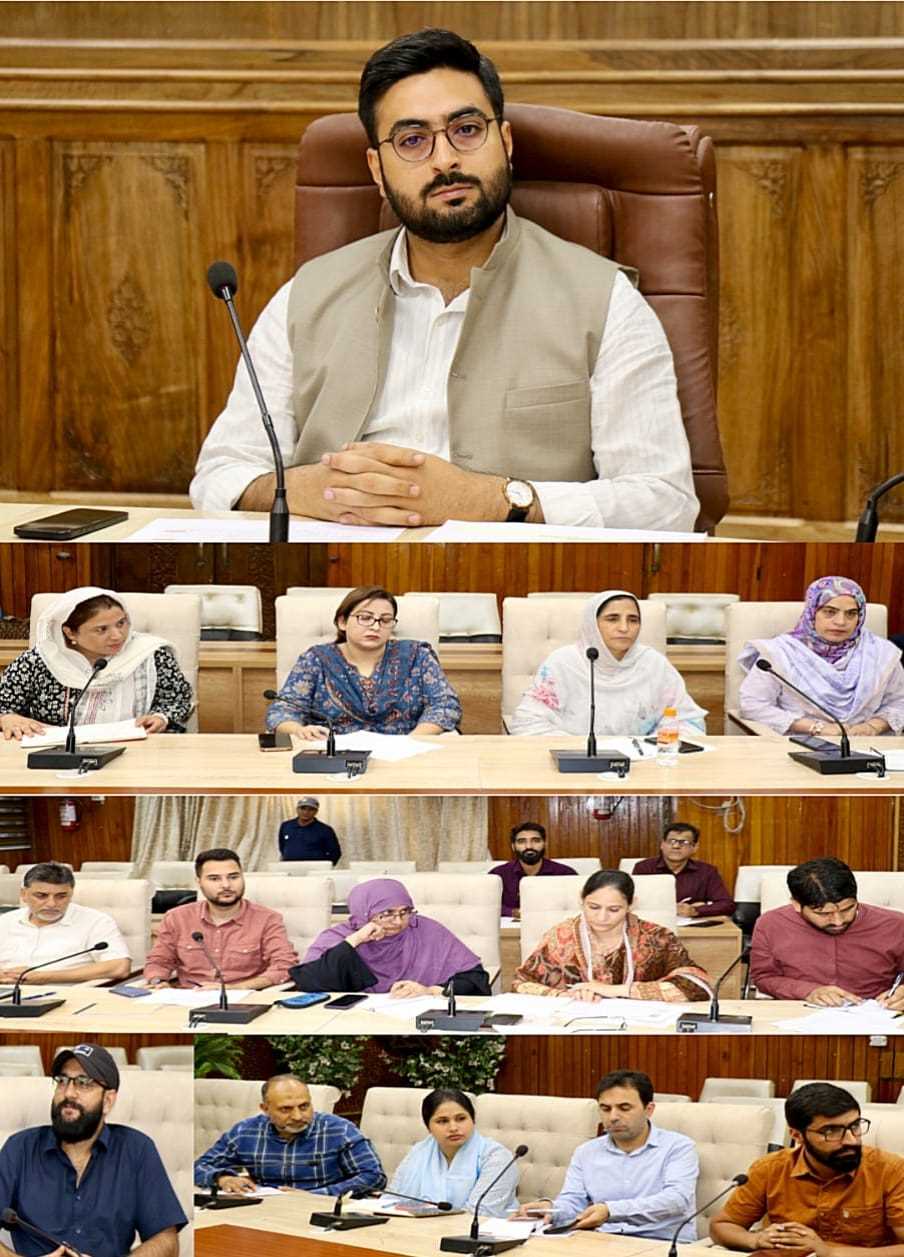Allah Almighty continued the chain of prophets to guide humanity. This chain started with Prophet Adam (peace be upon him) and ended with the final Prophet, Muhammad (peace and blessings be upon him).
The prophets (peace be upon them) were not granted prophethood immediately at birth. Allah chose specific times in their lives to bestow prophethood upon them. Allah could have granted them knowledge of prophethood from birth—like in the case of Prophet Adam and Prophet Isa (peace be upon them)—but it's worth reflecting: Why did Allah choose a specific time to grant them prophethood?
For example, the final Prophet, Muhammad (peace be upon him), received prophethood at the age of 40. Before that, he was known as "As-Sadiq" (the truthful) and "Al-Ameen" (the trustworthy). This is something to think about deeply: Why didn’t the prophets start preaching to their people before being given the title of a prophet?
This highlights how valuable humans are in the sight of Allah. He created humans as the best of creation (Ashraf-ul-Makhluqat) and gave them honor above all other beings.
We often overlook the life of the prophets before they received prophethood, even though it's just as important. Their lives before prophethood also carry deep lessons for us. Even before being appointed as prophets, they were truthful, just, and could differentiate between right and wrong. The Qur'an and Hadith support this.
For example
Prophet Ibrahim (peace be upon him) rejected idol worship and distinguished between truth and falsehood.
Prophet Musa (peace be upon him) stood up for justice and defended the oppressed.
So, the prophets were able to recognize good and evil even before receiving divine revelation. Allah doesn’t give the responsibility of guiding people to just anyone. A person must already be truthful, just, and able to distinguish between right and wrong to be worthy of such a great mission.
The prophets stayed away from sins, always spoke the truth, supported justice, helped others, and actively did good deeds. These qualities were present in them long before they were chosen as messengers.
Take the example of Prophet Muhammad (peace be upon him): before receiving revelation, his honesty and trustworthiness were so well known that the people of Makkah would call him As-Sadiq and Al-Ameen. This proves that Allah only gives the responsibility of inviting others to His path to someone who has already proven himself to be sincere and trustworthy.
Today, some people in the Ummah wrongly think that anyone can start doing the work of Dawah (inviting to Allah) without having these qualities.
As long as a believer does not develop honesty, trustworthiness, and the ability to distinguish right from wrong, Allah will not bless them with the responsibility of Dawah. It is wrong to think that one can lie and still call others to the truth. How can such a person guide others if their own actions are not based on truth?
Sitting in mosques alone is not the whole religion. If it were, Allah wouldn’t have commanded His prophets to go out to their nations. Yes, maintaining mosques is important, but fulfilling the rights of others (Huquq-ul-Ibad) is just as important.
A believer should not think that going out in Jama’ah (groups for Tabligh) alone is enough. Until a believer develops the same qualities that the prophets had before prophethood, understanding the true essence of Dawah is not only difficult—it is almost impossible.
Today, some people in the Ummah think that group activities like Tabligh are the only form of religion. But when it comes to supporting institutions that promote Islamic knowledge, they become critical of scholars (Ulama) and ignore their importance.
Unless a person develops the ability to recognize truth from falsehood, good from evil, the spirit of Dawah will not truly enter their life—no matter how many four-month efforts they make in Tabligh.
In my opinion, even if someone spends many months in Dawah activities, if honesty and integrity don’t become a part of their life, then they will not be successful in this mission. Because they lack true understanding.
Allah did not give prophethood to His messengers without reason. Yet today, we think we can spread the message of truth while lying and acting unjustly. This is foolish thinking.
The prophets were known for avoiding sin and giving importance to people’s rights. But today, some people believe they can do Dawah without caring for the rights of others.
Group Dawah efforts are being considered as the only form of religion, but the efforts of those institutions where scholars are nurtured are being ignored. What kind of religion is this?
Who are the people that speak the truth in gatherings? The scholars.
Who are the ones guiding people? The scholars.
Then how can we ignore the very institutions that produce these scholars?
Until we support these institutions, respect the scholars, and adopt the qualities of the prophets even before they received prophethood, we cannot understand or succeed in the mission of Dawah.
Email:------------------------kn575231@gmail.com


